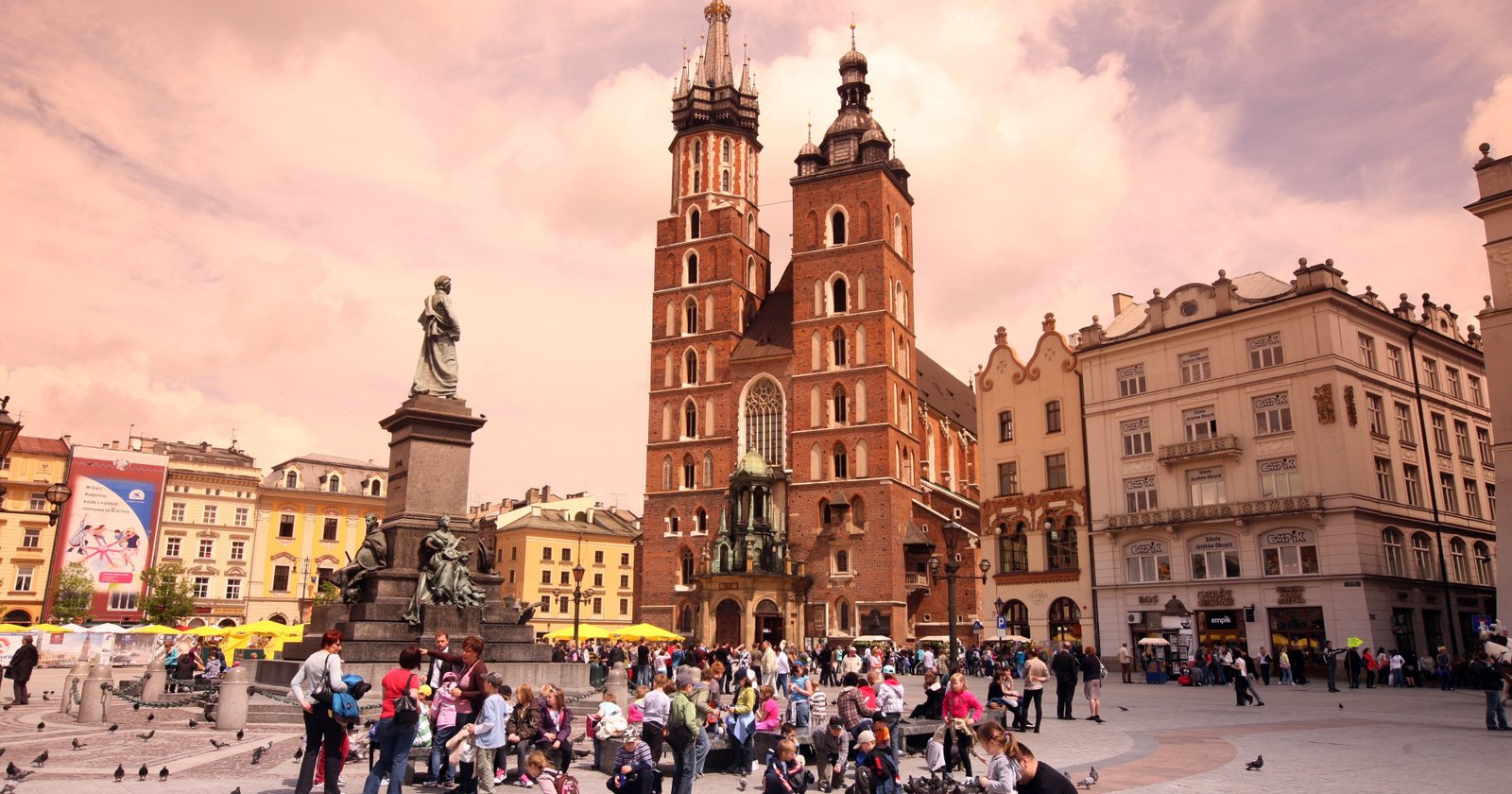Budget-conscious backpackers who prefer hostels can expect to spend between $75-$125 per day in Western Europe and between $40-$90 per day in Eastern Europe. Determining the cost of backpacking through Europe depends on various factors, including the duration of the trip, countries visited, and the cost of backpacking Europe’s type of accommodation, transport, and daily activities.
On average, budget backpackers can expect to spend around $40-$100 per day, covering hostel stays, food, transportation, and attractions.
Mid-range travelers may need between $100-$150 per day for more comfortable accommodations and dining experiences. Remember, countries in Western and Northern Europe tend to be more expensive than those in Eastern and Southern Europe. Planning and budgeting wisely can make your dream of backpacking through Europe a reality.
Introduction to Backpacking Europe
Backpacking through Europe is a dream for many, offering the chance to explore diverse cultures, breathtaking landscapes, and centuries-old history.
This unique travel experience, often associated with freedom and adventure, allows you to immerse yourself in different ways of life; how much does it cost to backpack Europe, taste exotic cuisines, and meet people from all walks of life?
Whether you’re exploring the romantic streets of Paris, the ancient ruins of Rome, or the sun-soaked beaches of Spain, backpacking Europe promises an adventure that’s both enriching and exhilarating.
However, like any adventure, it requires careful planning, particularly when it comes to budgeting. The following sections will delve into the specifics of budgeting your backpacking trip through Europe.

Transportation Costs
- Flights: Discuss the factors affecting flight costs, such as booking in advance and using budget airlines.
- Eurail Pass: Explain the Eurail Pass for flexible train travel and how it can be cost-effective.
- Buses and Trains: Provide information on regional buses and trains, often more affordable than high-speed trains.
- Metro and Local Transport: Discuss using public transportation within cities to cut down on costs.
Accommodation Expenses
- Hostels: Highlight the budget traveler’s favorite – hostels, which offer dormitory-style rooms.
- Guesthouses: Mention the availability of guesthouses or budget hotels for private rooms.
- Camping: Discuss camping as a low-cost accommodation option, including campgrounds and wild camping.
- Couchsurfing: Explain the concept of Couchsurfing, where you can stay with locals for free.

Food and Dining Costs
- Local Cuisine: Discuss the affordability of trying local street food and dishes at small eateries.
- Grocery Shopping: Explain the convenience and savings of shopping at local grocery stores and markets.
- Picnicking: Suggest picnicking in parks or scenic spots, combining dining with sightseeing.
- Dining Out: Offer tips for dining out on a budget, such as opting for lunch menus or daily specials.
Sightseeing and Activities
- Free Attractions: Highlight the numerous free or low-cost attractions in Europe, from museums to historic sites.
- City Cards: Discuss the value of city cards that offer discounts on multiple attractions and public transportation.
- Outdoor Adventures: Mention opportunities for hiking, biking, and exploring natural beauty at little to no cost.
- Guided Tours: Offer insights into joining guided tours and excursions without breaking the bank.
Budgeting Tips and Strategies
- Daily Budget: Provide a sample daily budget range, including accommodation, meals, and activities.
- Money-Saving Apps: Recommend apps for currency conversion, finding cheap eats, and booking last-minute accommodations.
- Travel Insurance: Explain the importance of travel insurance for unexpected expenses.
- Traveling Off-Peak: Discuss the benefits of traveling during shoulder seasons or off-peak times for lower costs.

Souvenirs and Shopping
- Shopping Mindfully: Encourage thoughtful souvenir shopping and bargaining for better prices.
- Limiting Souvenirs: Discuss strategies for limiting souvenir purchases to save money.
- Local Markets: Explore the unique finds at local markets and how to haggle respectfully.
Hidden Costs and Contingency Funds
- ATM Fees: Explain the potential costs associated with ATM withdrawals and the need to budget for these.
- Contingency Fund: Emphasize the importance of having a financial safety net for unexpected situations.
- Medical Expenses: Discuss the need for travel insurance to cover medical emergencies.
Accommodation Alternatives
- House Sitting: Explore house-sitting as a way to stay for free in exchange for taking care of someone’s home.
- Work Exchanges: Mention opportunities for work exchanges on farms, in hostels, or as language tutors.
- Volunteering: Explain how volunteering can provide free accommodations and meals.

Making Use of Public Transportation
- Bus and Subway Systems: Delve into the economic advantages of using public transportation methods such as buses and subways and provide some tips on how to navigate them in unfamiliar cities.
- Bike Rentals: Discuss the dual benefits of bike rentals – a cost-effective mode of transport and a fun way to explore local areas.
- Walkability: Highlight the financial and health benefits of opting to walk when destinations are nearby, encouraging tourists to experience the city at a slower pace.
- City Passes: Explain how city passes can offer unlimited travel within a specified area and period, making it a cost-efficient choice for getting around.
Food and Drink Savvy
- Local Markets: Encourage tourists to visit local markets for fresh and inexpensive food. These markets often reflect the true culinary culture of the destination and provide delicious and affordable options.
- Drinking Water: Discuss the necessity of staying hydrated and provide tips about safe drinking water. Mention the cost-effectiveness and environmental benefits of using refillable water bottles where tap water is safe to drink.
- Eating Out: Advice on how to choose cost-effective local restaurants or eateries, emphasizing the importance of venturing beyond the tourist hotspots. Highlight the potential savings of eating at less popular times, such as late lunches or early dinners.
- Self-Catering: Promote the idea of preparing one’s meals as a way to save on food expenses. Mention the availability of cooking facilities in accommodations like hostels or serviced apartments and how ingredients can be sourced from local markets or supermarkets.
Conclusion
Recap Key Takeaways: Summarize the key points, emphasizing that backpacking in Europe can be affordable with careful planning and choices. Empowerment: Conclude by empowering aspiring backpackers to embark on their European adventure with confidence and a well-prepared budget. How much does it cost to backpack Europe? Backpacking Europe doesn’t have to break the bank. By making informed decisions about how much does it cost to backpack Europe using budget-friendly resources and embracing the beauty of inexpensive travel options, you can explore Europe’s wonders on a backpacker’s budget while creating lasting memories of your adventure.
FAQs
How much money do you need for backpacking in Europe?
The amount required for backpacking in Europe can vary widely based on several factors, including your travel style, the countries you plan to visit, how much it costs to backpack Europe, and the duration of your stay. On average, a budget traveler might spend around 50-70€ per day. This would include accommodation in hostels, meals from supermarkets or budget-friendly restaurants, public transport, and occasional paid attractions. However, it’s important to plan for unexpected expenses and have a buffer in your budget.
How much money is needed to backpack Europe in one month?
For a one-month backpacking trip through Europe, you could expect to spend approximately 1500-2100€, based on an average daily budget of 50-70€. This estimate includes essentials such as accommodation, meals, transportation, and some paid attractions. Remember, this is only a rough guide, and actual expenses may vary based on your travel preferences and any unforeseen costs. Always maintain a buffer in your budget for unexpected expenditures.
Is it worth backpacking in Europe?
Absolutely, backpacking in Europe is worth every penny. The continent offers a rich tapestry of cultures, languages, and landscapes. How much does it cost to backpack Europe all within relative proximity? It’s an ideal destination for first-time backpackers thanks to its safe and convenient travel infrastructure. Besides, the memories you’ll create and the experiences you’ll gain are priceless, far outweighing any monetary cost. So pack your bag, plan your trip, and set off on your European backpacking adventure!
How much does a Europe trip cost?
The cost of a Europe trip can vary significantly based on numerous factors, such as your choice of accommodation, your meal preferences, how much it costs to backpack Europe, your mode of transportation, and the countries you plan on visiting. Generally, for a two-week trip, a budget traveler could expect to spend around 700-980€. This includes basic accommodation, meals, transportation, and a few paid attractions. Always remember that these are rough estimates, and costs can differ based on individual preferences and circumstances.

